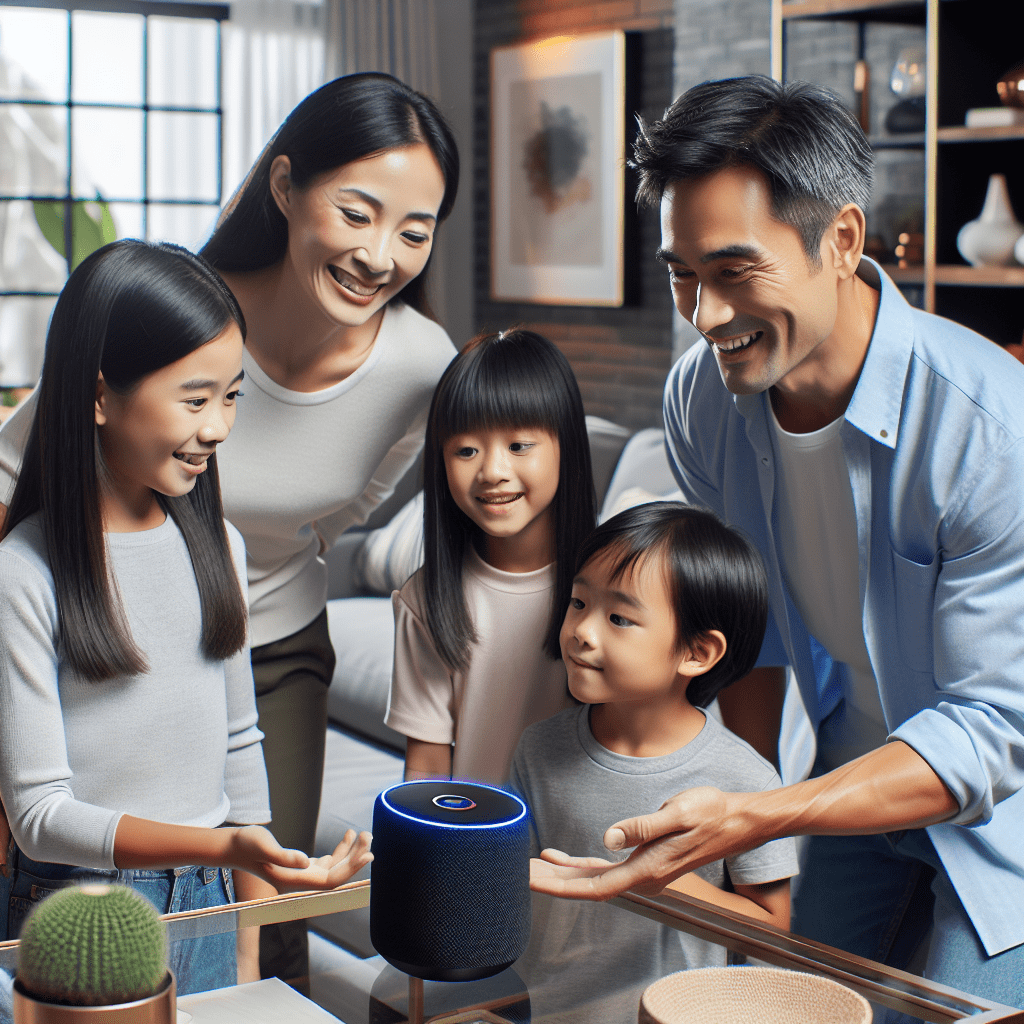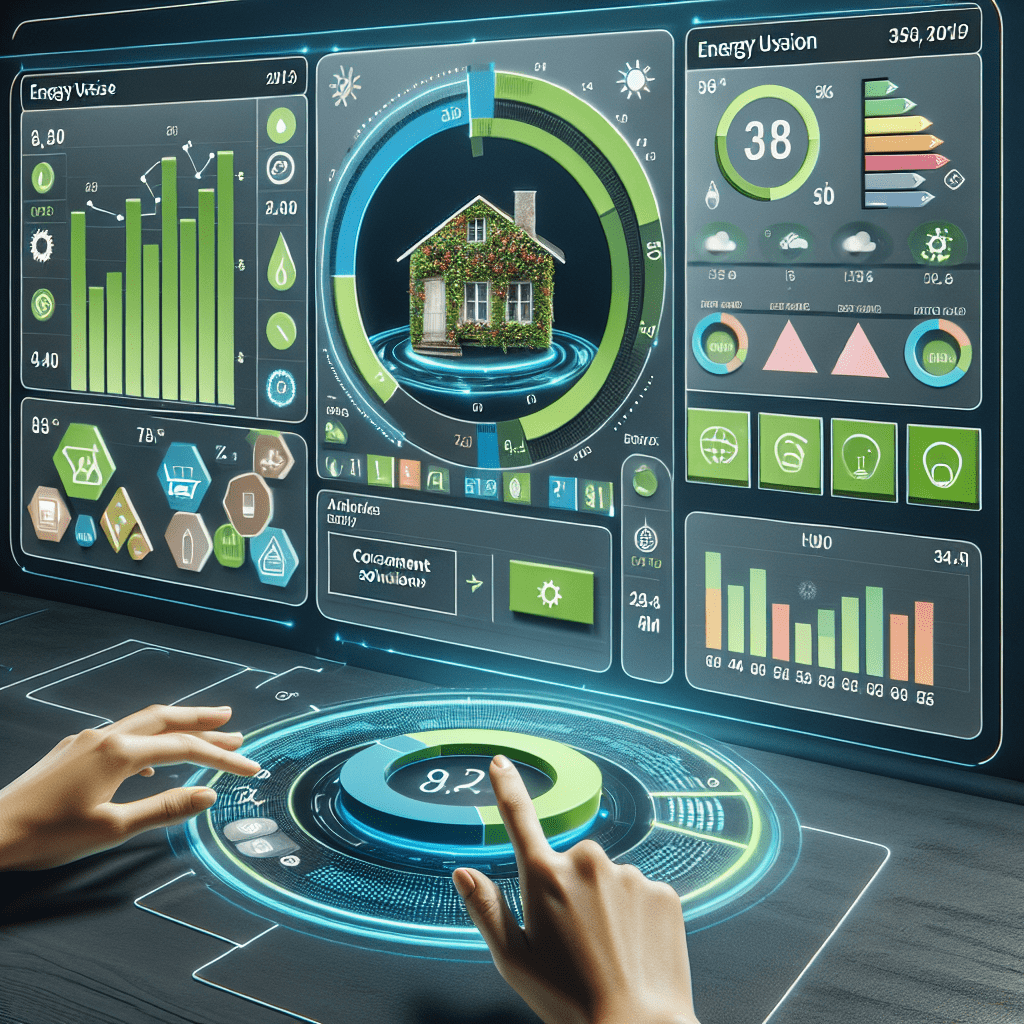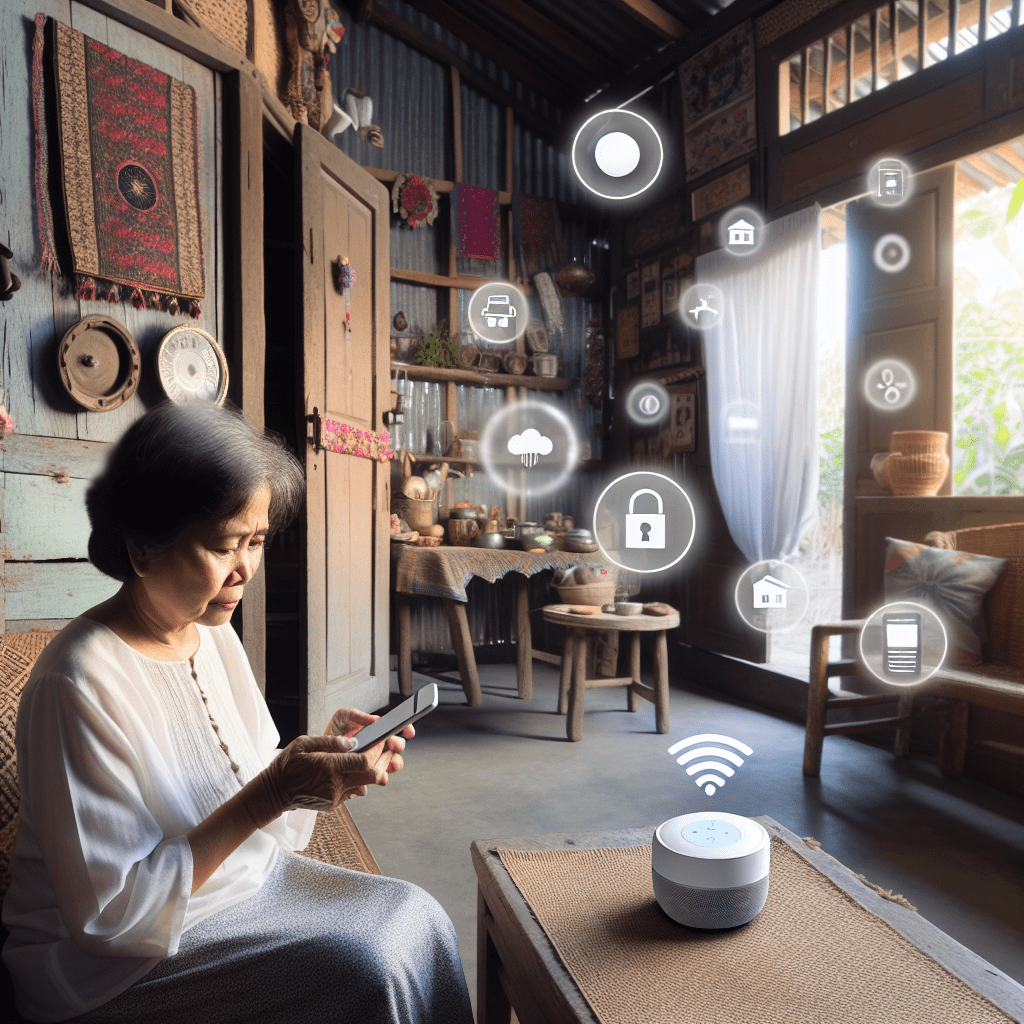Table of Contents
In recent years, the smart home industry has experienced rapid growth driven by advancements in artificial intelligence (AI) technologies. AI-powered devices and systems are revolutionizing the way we live, making our homes more efficient, comfortable, and environmentally friendly. From voice-controlled assistants to intelligent energy management, AI is transforming homes into smart, adaptive spaces that enhance our daily lives while reducing our carbon footprint on a global scale.
The Rise of AI-Enabled Home Assistants
At the heart of the AI-driven smart home revolution are virtual assistants like Amazon’s Alexa, Google Assistant, and Apple’s Siri. These AI-powered helpers have become increasingly sophisticated, capable of understanding natural language commands and seamlessly integrating with a wide array of smart home devices. With a simple voice command, users can control lighting, adjust room temperature, play music, set reminders, and even order groceries.
“The true power of AI in the home lies in its ability to learn and adapt to the unique preferences and routines of individual households,” explains Dr. Sarah Thompson, a leading expert in AI and smart home technologies. “By analyzing data from various sensors and user interactions, these systems can anticipate needs and automate tasks, creating a truly personalized living experience.”

Intelligent Energy Management
One of the most significant benefits of AI in smart homes is improved energy efficiency. AI-powered systems can continuously monitor and optimize energy consumption, learning from occupancy patterns, weather conditions, and user preferences to minimize waste and reduce costs. Smart thermostats, for instance, can automatically adjust heating and cooling based on whether anyone is home, while intelligent lighting systems can adapt to natural light levels and turn off when rooms are unoccupied.
In a recent study conducted by the International Energy Agency (IEA), researchers found that AI-driven energy management systems can reduce household energy consumption by up to 25%. “As more homes adopt these technologies globally, the cumulative impact on energy savings and carbon emissions reduction could be substantial,” notes IEA analyst Mark Gutierrez.

Enhancing Home Security and Safety
AI is also playing a crucial role in advancing home security and safety. Smart cameras equipped with facial recognition can alert homeowners to the presence of strangers while granting access to family members and trusted visitors. Intelligent smoke detectors can distinguish between genuine fires and false alarms, reducing unnecessary evacuations and firefighter callouts. Furthermore, AI-powered fall detection systems can monitor elderly or disabled individuals, automatically contacting emergency services if a fall is detected.
“The applications of AI in home safety are vast and constantly evolving,” says Lisa Nakamura, a leading researcher in AI-driven home security. “By leveraging machine learning algorithms and real-time data analysis, these systems can identify potential threats and hazards, providing homeowners with an unprecedented level of protection and peace of mind.”

Global Adoption and Accessibility
While the benefits of AI-driven smart homes are clear, there are still challenges to be addressed in terms of global adoption and accessibility. The high initial costs of smart home devices and the need for reliable internet connectivity can be barriers for many households, particularly in developing countries. However, as technology continues to advance and economies of scale drive down prices, smart home solutions are becoming increasingly affordable and accessible worldwide.
In India, for example, the government has launched the “Smart Cities Mission,” which aims to develop 100 cities with integrated smart solutions, including intelligent homes and buildings. Similarly, in Kenya, startups like MySmartBuddy are offering low-cost, mobile-based smart home systems that can be controlled via SMS, making the technology accessible to a broader range of users.

Future Possibilities and Ethical Considerations
As AI continues to evolve, the possibilities for smart homes are virtually limitless. In the near future, we can expect to see even more advanced features, such as personalized health monitoring, predictive maintenance for appliances, and seamless integration with smart city infrastructures. However, with these advancements come important ethical considerations surrounding data privacy, security, and the potential for algorithmic bias.
“As we move forward with AI in our homes, it is crucial that we prioritize transparency, user consent, and robust security measures,” advises Dr. Elena Rodriguez, an ethicist specializing in AI technologies. “By proactively addressing these concerns and fostering public trust, we can ensure that the benefits of AI-driven smart homes are realized responsibly and equitably across the globe.”
Conclusion
The integration of artificial intelligence into our homes represents a transformative shift in the way we live, offering unprecedented levels of comfort, efficiency, and security. As AI technologies continue to mature and become more widely adopted globally, the potential for positive impact on both individual households and wider society is immense. By embracing innovation while prioritizing ethics and accessibility, we can harness the power of AI to create smarter, more sustainable homes that enhance the quality of life for people around the world.